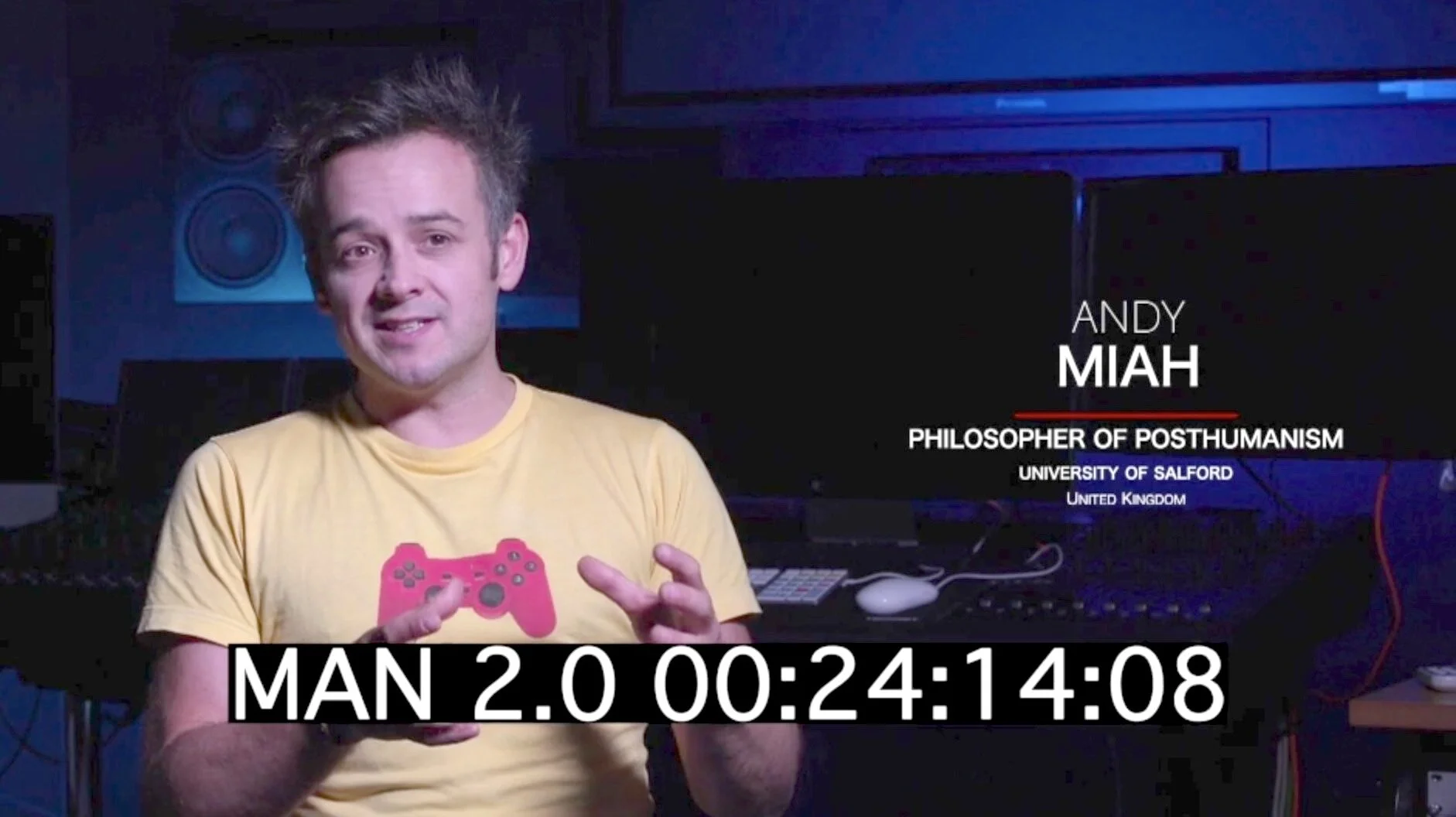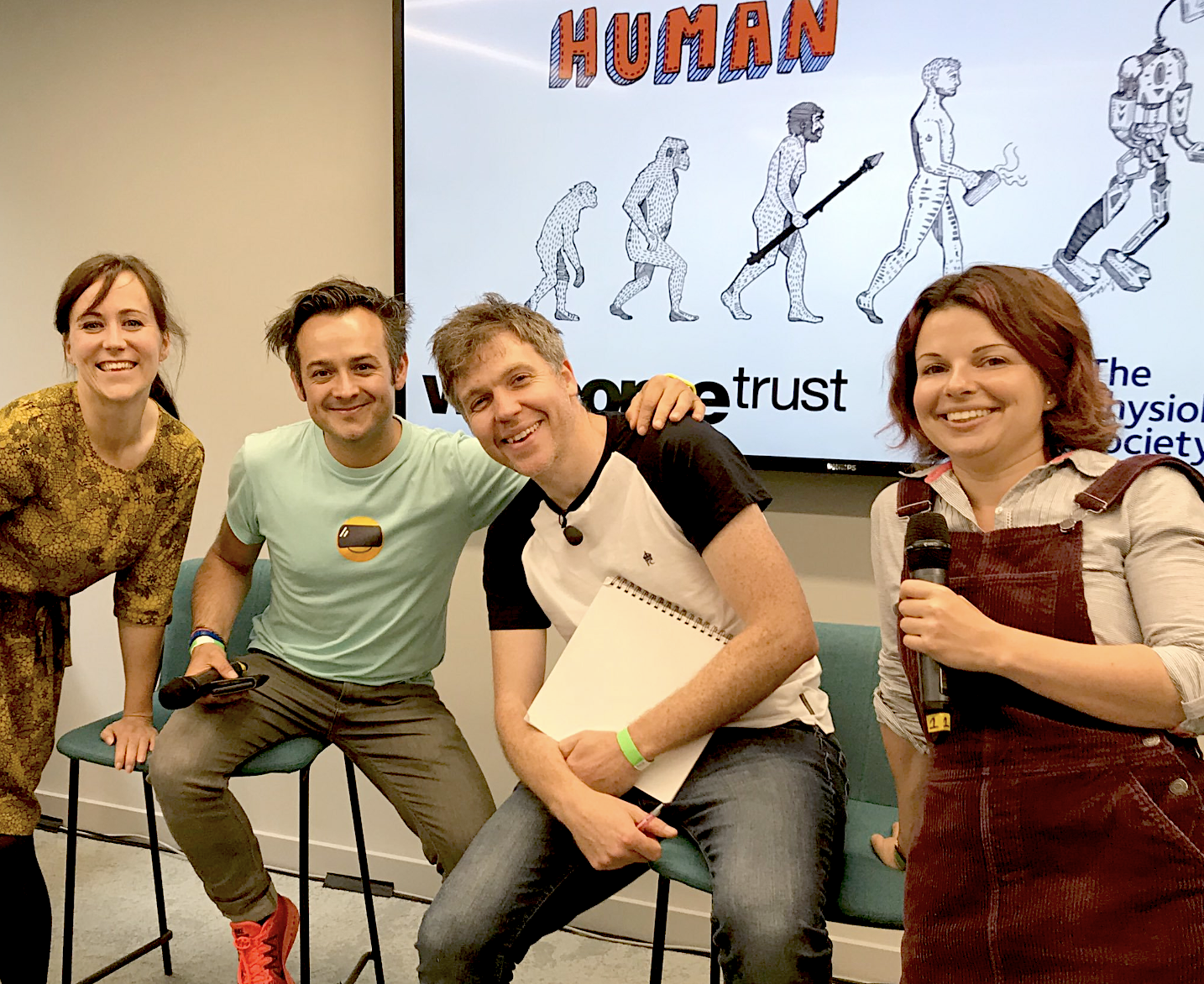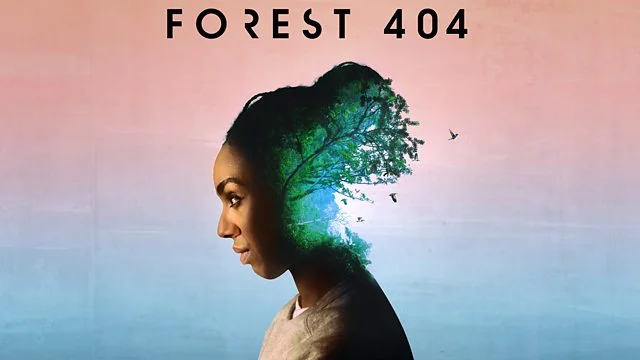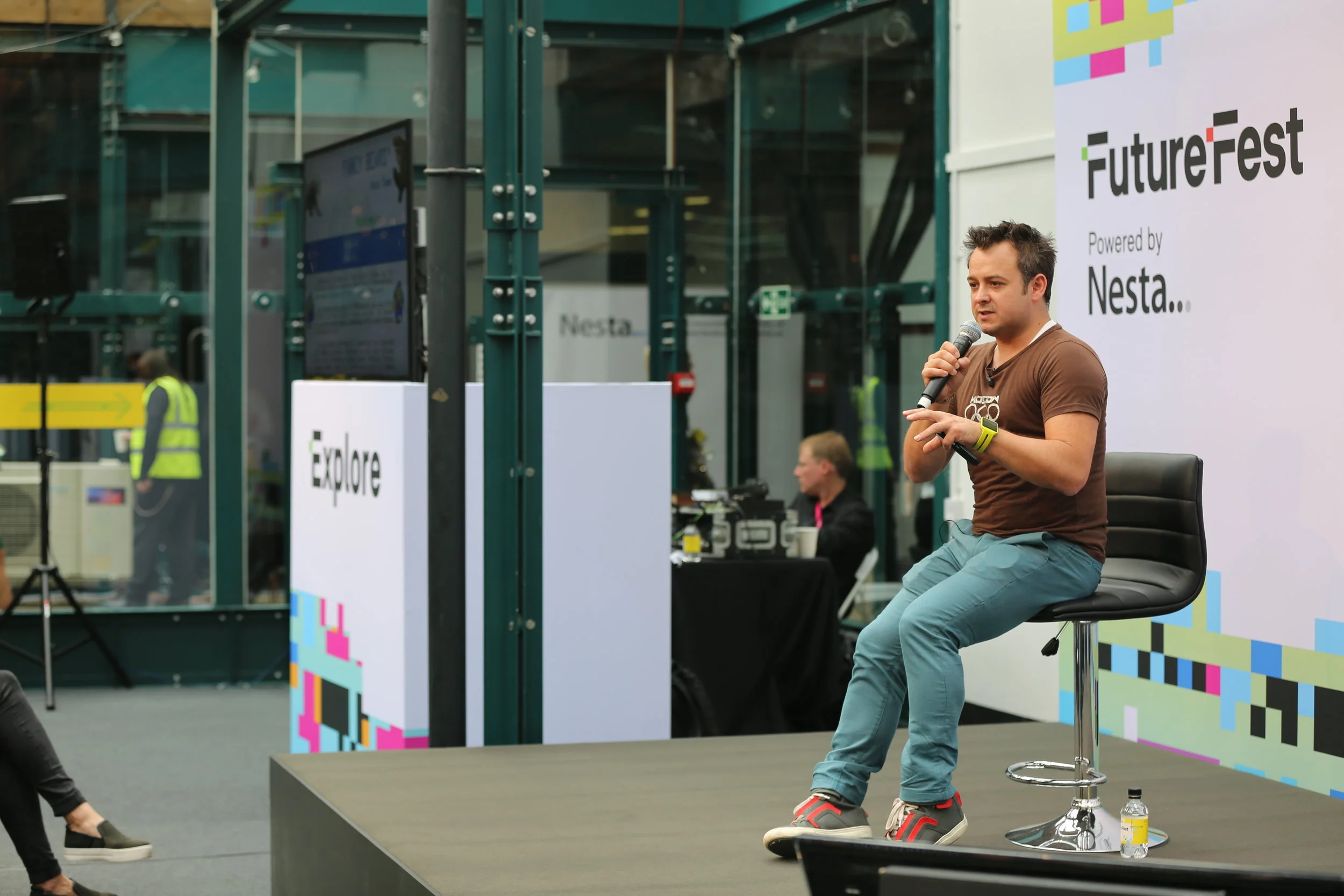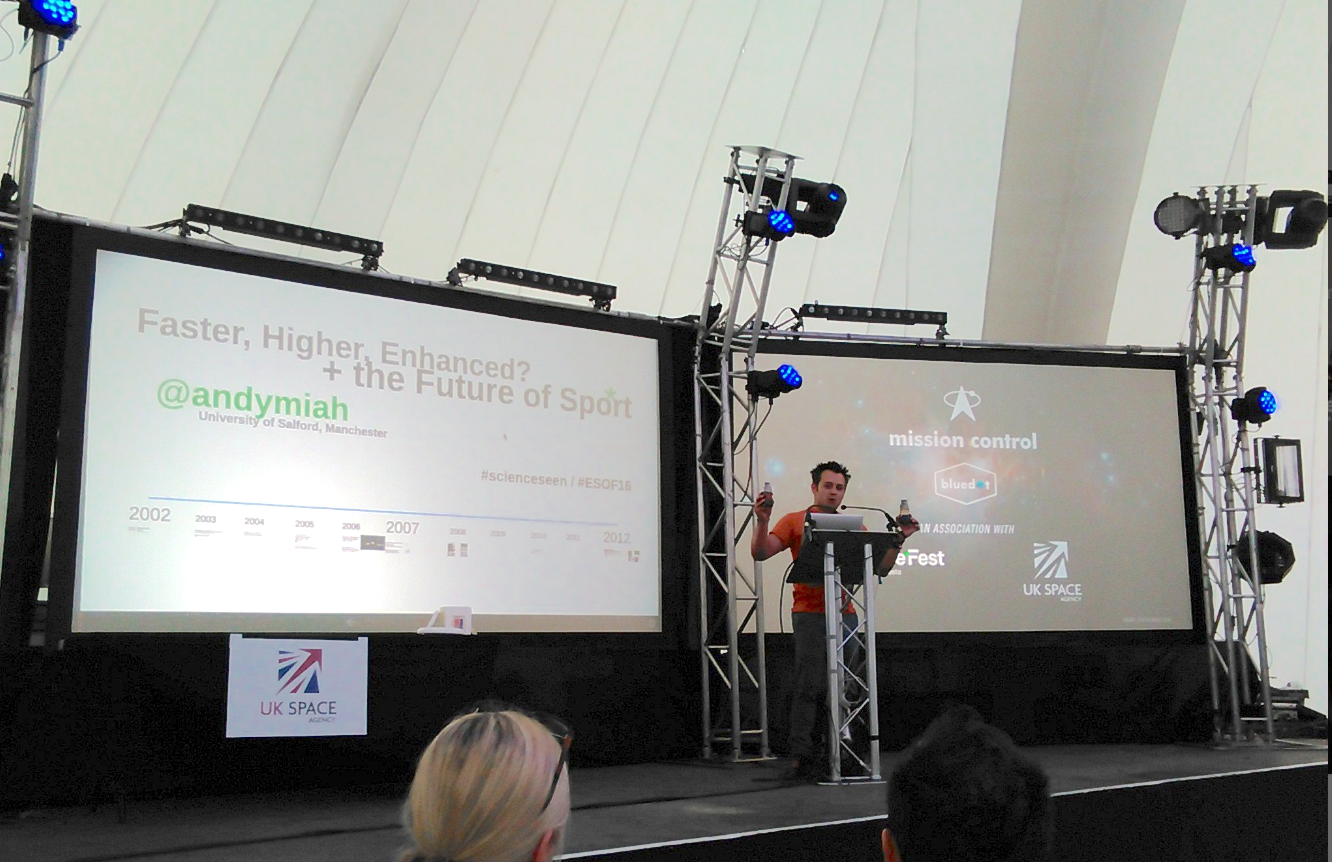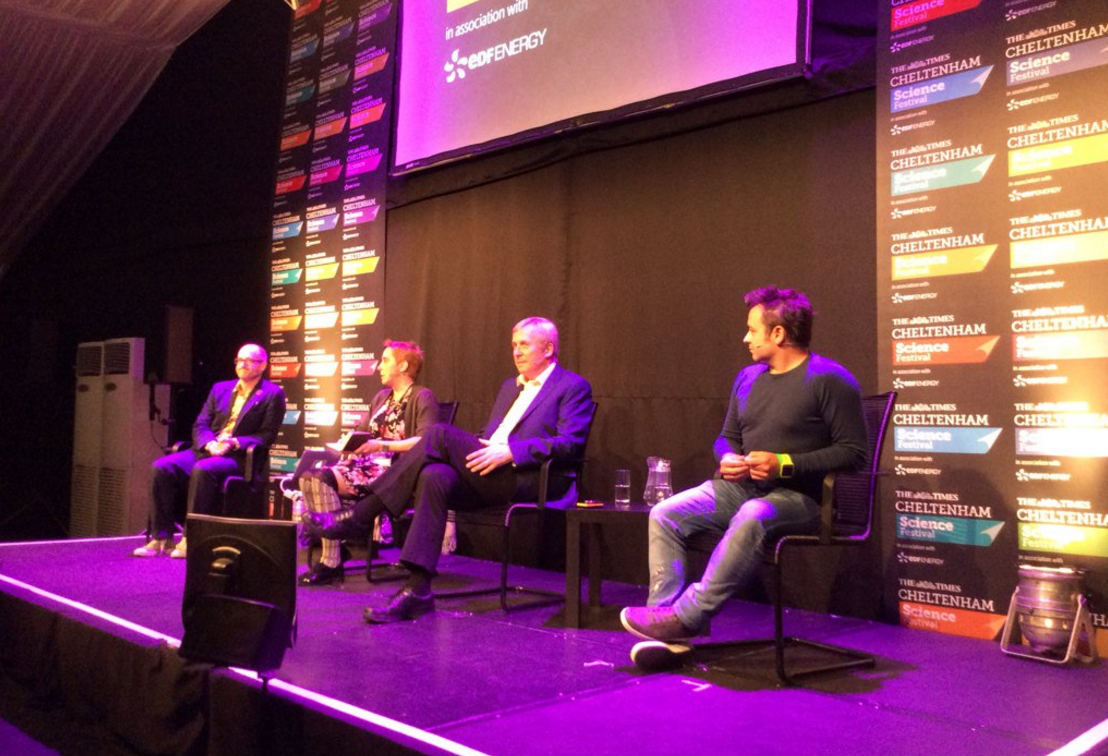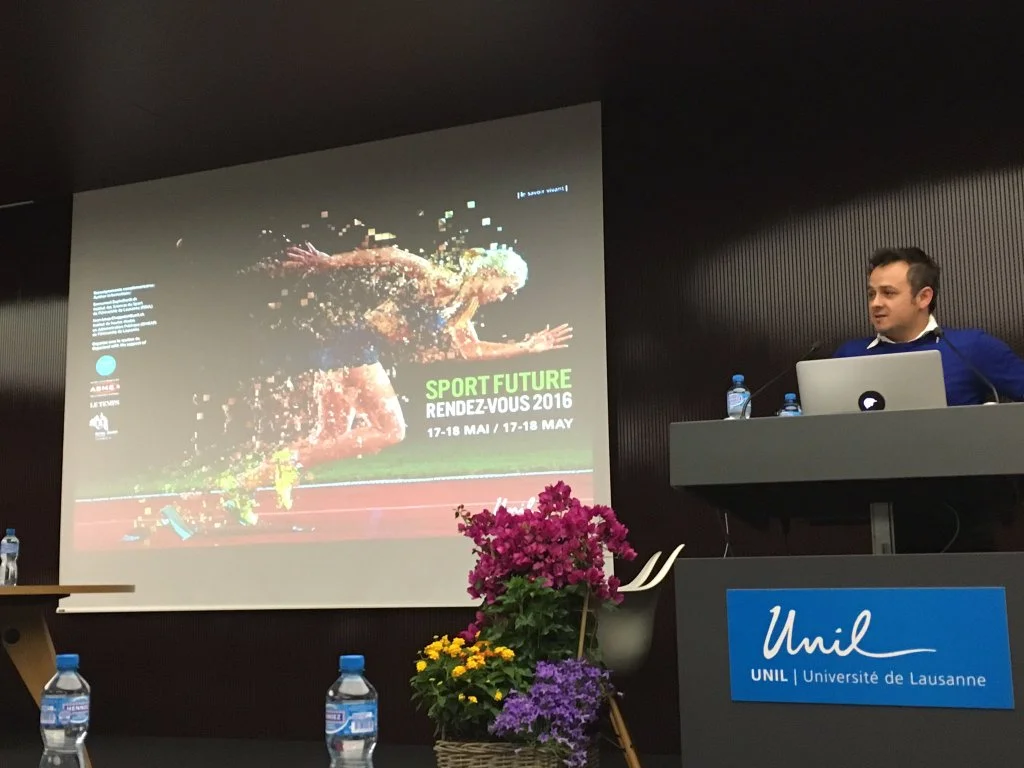Human Enhancement
European Parliament
Martinjntje Smits, Ratheneau
What is new about human enhancement
Laissez faire
Pro-enhancement
Case by case
Restrictive
Total ban
Human Enhancement: A Reasoned Restrictive or (Cautionary Permissive?) Approach
Roberto Mordacci
HE under the idea of Public Reason
- HE: poltical not metaphysical
- Improving t human condition not
- Equality, freedom and integrity of individuals as public goods
- Framework for justice as fairness in health issues (Rawls, Daniels)
Principle of respect
-in a cooperative society, reasonable individuals woul agree..treat others with respect
5 principles fundamental for our self respect and mutual cooperation
- recognizably human body
- naturally unrestricted desire
- complex theoretical and practical rationality
- freedom of the will
- equal dignity
permissible iff
- does not intentionally disfigure human body
- does not intentionally restrict width of human desire
- does not intentionally impair t ex of human rationality
- does not impede t human ability to choose freely
- does not violate equal dignity of indivs ie does not generate discrimination or unfairness
Tsjalling Swierstra
techno-moral change
-what should be europe’s goals?
- not passively following trajectory defined by most powerful technology actors
-habituation
- techno-moral learning
- what morals, what technology?
Accept contingency: in a technological world, fewer natural givens
Local experimentation, global evaluation
Issues to regulate
- should be reversible
- HUMAN ENHANCEMENTS values and negative freedom
- Gap between blue-print-technology and technology-in-practce (unexpected)
- Political and ethical
- Moratoria rather than absolute bans
Thought experiments
- stimulate techno-moral imagination by providing rich descriptions – need morality fiction not science fiction
- what is god life, etc
organize deliberative forums
epidemic of accountability issues on the horizon
defining a good society is in the end a political issue
communicate diverging positions widely
value lasting diversity
Hans - Mr Buscani’s assistant
Questions & Answers
Q: Why are we still discussing enhancement in such broad terms
Q: Recognizable body necessary?
Q: NSF and DoC in USA – first workshop on this – used term ‘launch and learn’ (conservative politican), recommendation was to advise US government asked professors in humanities and sciences to spend time on the issue – and in schools too – how balance it compared to this politics in USA?
Dorette Corbey
- lots of political issues
-
- developing technology for enhancement, rather than just for therapy
Tsjalling: neoliberal agenda behind enhancement debate – need more social perspective on converging technologies including enhancements. Do we really want to make people more compassionate, or greedy?
4 march – science in developing countries
Anders: public opinion in Sweden – many people accept enhancement to help others, though low for self-enhancement.
DISCUSSION
Is there a red line, beyond which we should not fund.
Is there a tool box?
Are there distinct European values
Framework of public policy, not defining human nature
Values that protect good of mutual cooperation
Job is to remove discriminating practices not just alter the circumstances.
Danish Council of Ethics: case of lorry driver – might be an argument in favour of necessity to discuss different specifics – lorry driver, main problem is that the brain chip means that others would have to have it too.
ME: but we stipulate how many hours people can work, so this becomes an issue of regulating working conditions.
Danish Coucil on Ethics – subcommittee on human enhancement – invited to a conerence held by Danish Union of Optometrists since new technology in USA related to fight against terrorism has made it possible to make implants thinner, giving ability to look through things.
Anders: values important, but also need facts to make important facts – many forms of enhancement becoming realities, but limited knowledge – eg. cognition enhancement – prevalent among higher academics – is a paper written under influence of modafinil worse? – need to research ecological properties – need efficacy and saety
Antonio: medicalization and enhancement are beyond traditional politics – this morning – obesity gene in newspaper – concern will lead to individualization of probles – haven’t heard much about corporate interests – in US direct to consumer influences perceptions of normality – media role in shaping social needs
Marshall, NTL: human dignity –should it be so important that we know what this is, isn’t it more important that individuals make this decision for him/herself –not all social pressure is bad
Chair: I’m deciding dignity, but are you? It’s dependent on how others react to me.
ME: but my conception of dignity is shaped by our common laws at least.
Marshall: but a man should be free
Roberto: yes, you have given an idea of dignity
Tsjalling: don't think there is hope for red line in the sand. General principles is that past experience doesn't necessarily guide us. – lorry driver – new technology shifts responsibilities – before it, we consider whether chair is too comfy, or working too much?
Roberto: overlapping consensus
Reverent from NL: human nature is relevant.
Jordi (MEP): Case by case approach with minimum standards
Chair: what if we create a working group, how create connections with citizens? Or should it be done by emmberstates?
Jordi: it is possible, we have an ethical board already. This q needs a broader discussion. Red line says taboo, but before red line, case by case approach, wth discsussion – want to allow pursuit of happiness, not make them happy (US constitution). What is able to make us all happier.
Chair: EU level committee.
Francois , EU: keep in mind dual dimension – enhancement of soldiers.
Jordi: or for disabled people.
Political scientist in Vienna: governance question – who is setting the agenda – citizen conferences in Denmark – who is framing the problem – is it really participatiory/deliberative/representative?
Manchester:
Should form a council where everyone is amateur
Peter, Free Uni of Brussels:
It also should not contribute to its criminalization through policy making.
Jordi: health literacy is EP buzzword.
Malcolm Harbour: need broader platform, engagement and citizen participation. At last workshop was about converging technologies. Had some debate about transhumanism. Our role is to inform politicians here and to get them engaged. Other is about global reach and issues – in Europe – eg. stem cell research – we do not have homogenous research. In UK and others, set up own bodies and practices, to approve work around genome. Though many regard UK as dangerously liberal. Human dignity and quality of life issues. One of biggest challenges on human dignity and old age – fact that already significantly prolonged life expectancy at a rate faster than any other decade – what this means for society as a whole – if elderly people can stay at home and live in domestic environment on own, this is a major enhancement of their dignity and their quality of life. European elections on 4 june in uk and vote.


